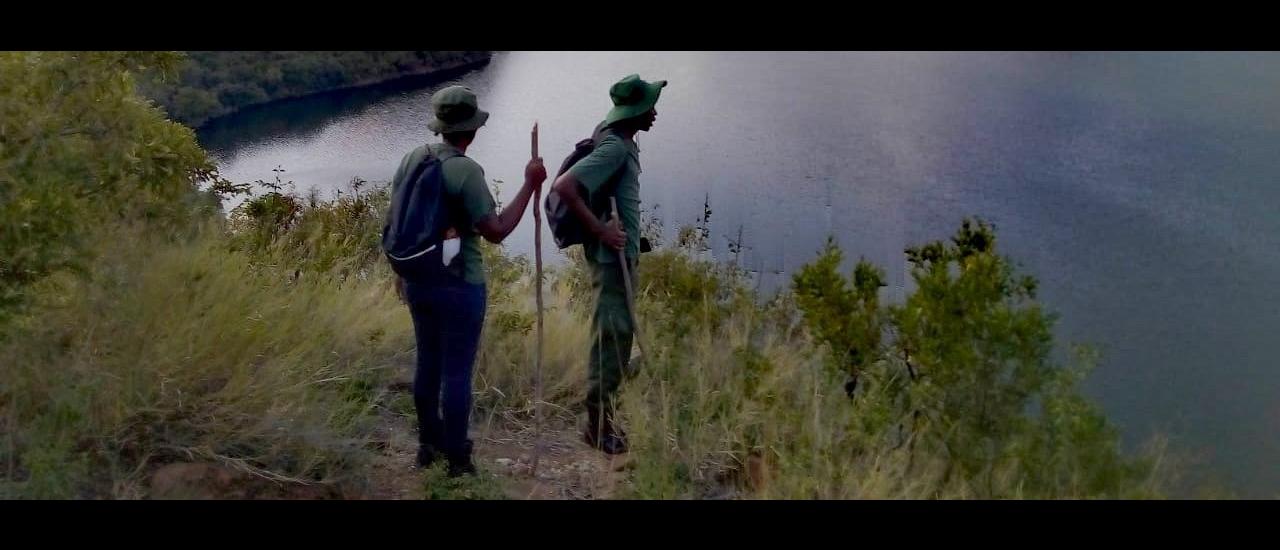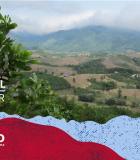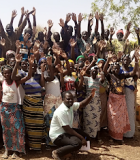Imagine a river basin — the rivers, tributaries, creeks, and wetlands that gather water and deliver it to the sea — as the vital network that all things, living and nonliving, are connected to and dependent upon. This complex ecosystem is ever-changing from human and natural forces, and its management is complicated by the fact that it often crosses political boundaries — state to state, province to province, and country to country.
Southern Africa’s Limpopo River Basin, the fourth largest on the continent, supports more than 18 million people in four countries — Botswana, Mozambique, South Africa, and Zimbabwe. The basin is also home to most of the region’s largest cities and economies and boasts a rich diversity of flora and fauna. But the pressures on this transboundary system — which include pollution, climate change, and population growth — are immense. As a closed basin, the river basin’s inability to provide enough water to meet the growing demand has profound implications for livelihoods, wildlife preservation, and food production.
USAID launched the five-year, $32 million Resilient Waters Program in 2018 to improve transboundary natural resources management and increase the water security and resilience of communities and ecosystems that depend upon the Limpopo and nearby Okavango basins.
Read the full article on Global Waters Stories on Medium.






